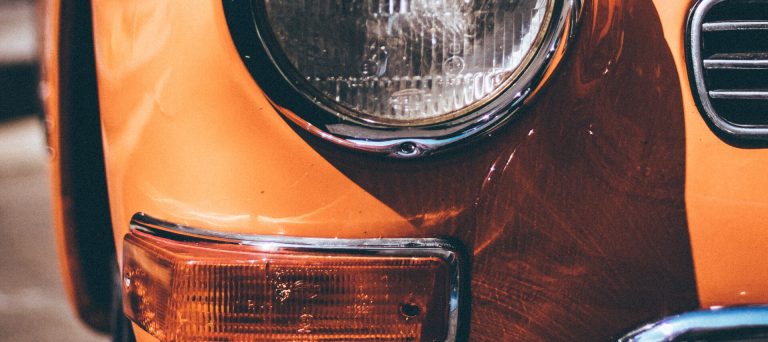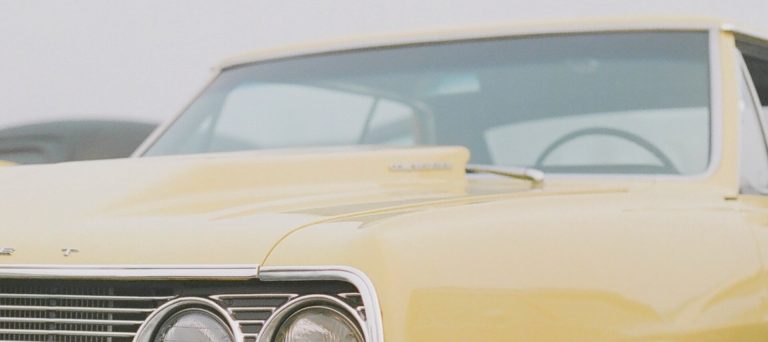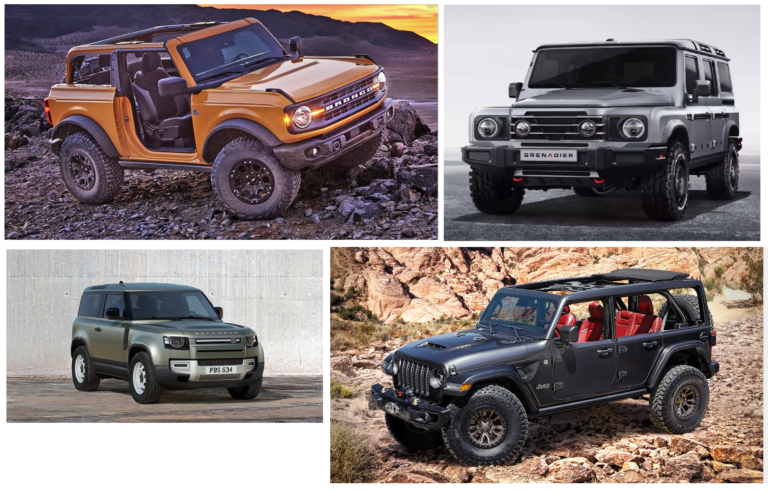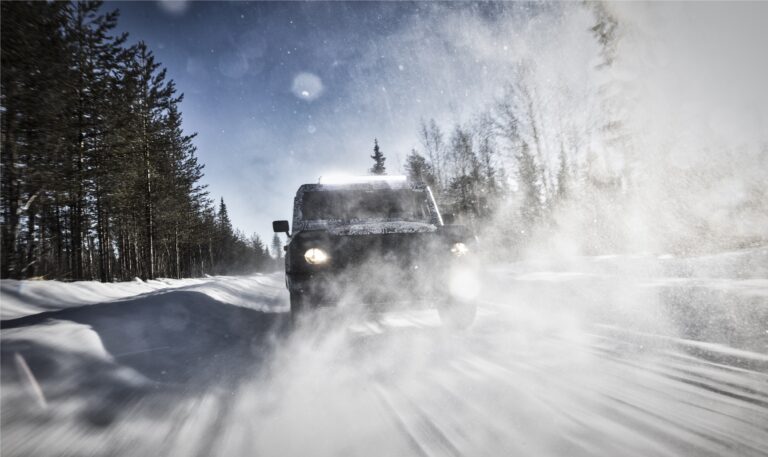Hallo Baraza,
I want to purchase my first car and I’m in love with the Subaru Impreza (LA-GG3, 1500cc). Some of my friends are advising me to instead opt for a Toyota 100, 110, G-Touring or Allion, based on the following arguments;
1. The Subaru Impreza 1500cc consumes more fuel than a Toyota of the same engine capacity. The reason being that a Toyota Allion, for example, has a VVT-i engine while Subaru doesn’t. Is this true? If so, does Subaru have a similar offer to Toyota’s VVT-i engine technology?
2. Subaru spare parts are quite expensive compared to Toyota’s. How expensive are they on average? Ten per cent more, for instance? But again I hear Subaru parts wear out less often than Toyotas, thus the maintenance cost balances out. How true is this?
3. Subarus depreciate in value quite fast as compared to Toyotas, thus have a poor resale value. What is the average depreciation rate of a Subaru per year? What makes it lose value that fast compared to a Toyota?
Please advise as I intended to use my car mostly within Nairobi. Over to you.
Sande Stephen.
1. Let those friends of yours conduct a scientific test that specifically proves the Impreza will burn more fuel than a Corolla 100/G-Touring/Allion under the same conditions.
In the course of doing that, let them also say exactly how much more fuel is burnt, and let them also prove that the disparity (if any) in consumption cannot be compensated for by a simple adjustment in driving style and circumstances. While at it, ask them what AVCS means in reference to a Subaru engine, what its function is, what VVT-i means in reference to a Toyota engine and what its function is.
Make sure the answers to these last four questions are not similar in any way. If they are, then they owe you an apology for leading you down the garden path. Some friends, those are.
2. The same technique applies. I cannot quote the prices of these cars’ parts off-the-cuff, and my status as columnist has reached the point where any inquiries will be followed by cries of “Put me in the paper first, then I’ll get you a good deal!”
And anyway, my work is to review cars and offer advise where I can, not provide cataloging services for manufacturers and parts shops. So ask your friends to come up with two similar price lists: one for Toyota and one for Subaru, and compare the listings. And yes, Subaru cars are generally more robust than Toyotas, so they are less likely to break in similar conditions.
3. The question is: which Subaru? From (b) above the opposite would be true: since Subaru cars are less likely to go bang, then it follows they would hold their value longer. That is, unless we are talking turbocharged cars, in which case engine failures are not uncommon. Of particular notoriety is the twin-turbo Legacy GT.
Poor care and/or lack of sufficient knowledge on how to properly operate a turbo engine on the owner/driver’s part is the chief contributor to these failures.
Also, when one buys a turbocharged Subaru, one finds it extremely difficult to drive “sensibly” (for lack of a better word). Hard launches, manic acceleration and extreme cornering manoeuvres tend to be the order of the day, and these tend to wear the car out really fast. So maybe you are right: Subarus may depreciate faster than Toyotas, but this depends on the previous owner’s tendencies.
**********
Bwana Baraza,
1. I have had an ex-Japan Nissan X-Trail for the last three years. It must be about 11 years old now. As it grows older, something pleasantly surprising is happening; it is using less fuel per kilometre than it used to when it was ‘new’. In the past, I would fill the tank, drive to Naro Moru (about 190 kilometres, five of them off tarmac) and by the time I got back in Nairobi I would have just about a quarter tank to go. The empty tank light would come on at around the 470-kilometre mark.
Of late, I am coming back with slightly above half. I have hit the 560-kilometre mark with the fuel light still off. Might it be because these days I use only V-Power fuel for long journeys?
2. I want to purchase a used Isuzu D-Max or Hilux. Which would you advise me to go for, considering petrol or diesel as well as maintenance costs? It will be used for farming purposes in Naro Moru and regular trips to Nairobi. I hear (these may be rumours) that diesel engines demand prompt service, and that the service parts are more expensive compared to petrols.
I also hate the ‘morning sickness’ they exhibit when cranked in the wee hours. Given that Naro Moru is quite cold at night, the sluggishness might be regular. But I could be wrong.
B Chege.
1. Must be the V-Power. It has better quality additives and a high octane rating which not only cleans various engine parts, but also reduces the risk of knocking. Another cause of “improved” engine operation with time would be “bedding in”; where the various engine components tend to “settle” and assume tight-fitting mating surfaces.
I find this unlikely because the car has been in use for 11 years… the engine must have bedded in by now, and anyway, with new technology, bedding is becoming less of a factor in engine performance. A third, and very unlikely cause, would be a malfunctioning fuel gauge.
2. You must be referring to the KB300 (that’s the name in South Africa, around here we just call it the DMAX 3.0). In maintenance terms, the petrol engine is cheaper overall, but diesel engines offer better performance — in terms of torque — and economy (both the Hilux and the DMAX have 2.5-litre and 3.0-litre turbocharged diesel engines).
The “rumours” are true, diesel engines require careful service, especially now that these two are turbocharged. And they are more expensive — in case of repairs or replacement. That “morning sickness” you describe is because either the driver is not using the glow-plug (it warms the engine block prior to starting), or the glow plug itself is not working properly (or at all).
With these new diesel engines, the glow plug operation is automated, it is not necessary to operate it separately like earlier engines.
**********
Hi Baraza,
I would like to hear your opinion about the Toyota Mark II Blit; its power, comfort, stability, off-road capabilities, maintenance costs, fuel consumption and spare parts.
SM.
Mark II Blit, eh?
Power: Good, especially the one with the 2.5-litre turbocharged 1JZ-GTE engine.
Comfort: Good. Not excellent, and not shabby either. Just “good”.
Stability: Good also. A bit prone to oversteering, especially due to its propensity for spinning the inside wheel when a corner is taken hard under power.
Off-road: Don’t even go there.
Consumption: Depends. If you keep in mind that you are driving a large vehicle with a 2.0-litre or 2.5-litre 6-cylinder engine, then it is understandable that asking for 12-15kpl might be a bit ambitious. If you expect Premio or Corolla-like economy figures, you will be bitterly disappointed.
Spare Parts: What about the spares?
**********
Hi Baraza,
I want to buy a small family car and I’m thinking of the Suzuki Alto, 2007 model, 800cc with a manual gearbox and the Toyota Duet, 1,000cc with an automatic box. Both are going for Sh250,000. Advise me accordingly because I’m after :
1. Fuel efficiency
2. Reliability
3. Travelling up-country twice a year
4. Minimal maintenance cost.
God bless you.
David.
A small correction, Sir. These are NOT family cars, unless you are looking for a divorce and for your children to hate you. Or your family consists of three people only, but even then….
1. Fuel efficiency: The 800cc car wins in city driving, but by a small margin (by small I mean really small, given how tiny these cars are to begin with, and how minute their engines are). The 1.0 litre car will fare better on the highway.
2. Reliability: Could go either way. I’d vote for the Suzuki, because the Duet is a re-badged Daihatsu and may not have Toyota’s trademark reliability as part of its DNA.
3. For your own sake, you are better off in any other car except these two (and their ilk of similar size and engine capacity). But since you asked, the Duet is better, because of its “bigger” (more substantial) engine.
4. I seriously doubt if there are any actual differences in maintenance costs in cars this small.
**********
Hello Baraza,
I am in the process of importing a Mitsubishi Outlander. The car has a number of accessories, though I can only figure out two of them (the ABS and PS (which I presume is Power Steering). Kindly assist in interpreting the following: ABS, AC, AW, FOG, NV, PS, PW and WAB.
Samuel.
ABS: Anti-Blockier System, better known as Anti-Lock Brakes. It is a vehicle safety system that allows the maximum braking effort without locking the wheels and/or skidding. It applies the principles of cadence braking (on-and-off braking technique, such as you might see drivers of heavy commercial vehicles applying) and threshold braking (applying braking effort until the point just when the tyres begin to lock up).
AC: Air-Conditioning. Keeps you cool when the world outside your car is sweating.
AW: Given the make and type of car, I think AW in this case means All-Wheel Drive. Other possible meanings could be “Auxiliary Winding (voltage regulation)”, “Anti-Wear (hydraulic oil, additives)”, “Anchor Winch (for off road vehicles especially)”, or even “All Weather”
FOG: Fog lamps present. I think.
NV: No idea. I know NVH stands for Noise, Vibrations and Harshness. However, these are not car accessories but characteristics directly linked to a car’s construction
PS: Power steering. A more common acronym would be PAS: Power-Assisted Steering
PW: Power Windows. Electrically controlled.
WAB: No idea either. The best I can come up with is “Wheelchair Accessible Bus (?)”
**********
Hi Baraza,
I have a question about my recently imported 2006 ex-Japan VW Passat fitted with V5 engine:
1. The car has a 2324cc, five-cylinder petrol straight engine and is a station wagon. Is it common on our roads?
2. I do 40 kilometres daily to and from work and, gauging from the amount of fuel I use, I do about 7.8kpl and spend Sh3,000 from Monday to Friday (on Sh117/litre). I am a very careful driver, is this fuel consumption normal?
3. At some point the Check Engine light came on and upon taking it for diagnostics, the errors were cleared and the light went off. The mechanic said it was due to a previous engine service interval. After two weeks, the same light came on again, this time the mechanic blamed it on Unleaded Super petrol and recommended I use V-Power. Do I really need to be using the more expensive V-Power?
4. The engine used to whine a bit, especially in the morning and evening. The same mechanic told me the power steering pump was damaged and needed replacement. He, however, refilled the power steering fluid and the whining sound is now gone. Do I still need to replace the pump?. A second-hand unit will cost me around Sh23,000 while a new one is going for Sh52,000.
5. Is this car a good buy, considering the expenses? I imported it in April this year and it has clocked 81,000 kilometres on the odometre.
I will appreciate you feedback.
Mwangi.
1. I agree with you: I don’t think this car is very common. I think I have seen no more than three B6 Passat estate cars here in Nairobi. Then the V5 engine is also not a popular import option, and it was not sold by CMC.
2. How bad is the traffic on your road? The figure seems realistic to me, especially given the car has a 2.3 litre engine… with five cylinders (sporty).
3. What error codes did you get when the diagnosis was done? And if the octane rating of the fuel you were using was not ideal, then V-Power should have cured it. One other thing. Some petrol stations would “claim” to be selling Unleaded Premium but instead they peddle some swill that would only be fit for motorbikes and chain saws.
If you understand octane ratings, check out the results of the test done on some “super” petrol that was anonymously acquired from a local fuel forecourt (the company’s identity has been retained until further investigations). Tell me what that octane rating is worth. Clearly not Premium as recommended by manufacturers.
There are reports of other dealers selling water and subsequently ruining people’s engines in the process. You may be a victim of this. More to come soon.
4. If the power steering pump was actually damaged, then yes, you need to replace it. If it was not damaged — the whining was just a result of the whirring of a hydraulic fluid pump spooling with no hydraulic fluid to pump — then a replacement is not necessary… especially given the figures you are quoting.
5. I would say the car is not a bad one. Volkswagen make good cars, the B6 is a looker, wonderful to drive (I am sure that 2.3 litre V5 engine is a hoot) and the estate version must surely be more versatile than the sedan. the trick is to find someone (a garage) who will maintain it well for you.




